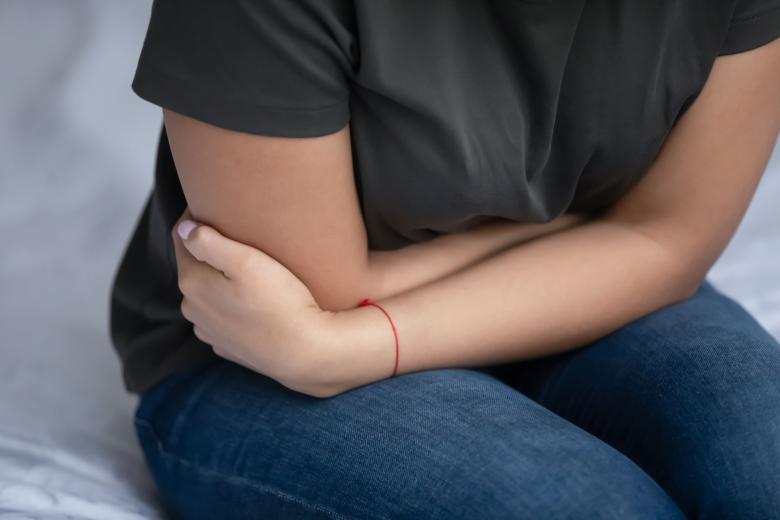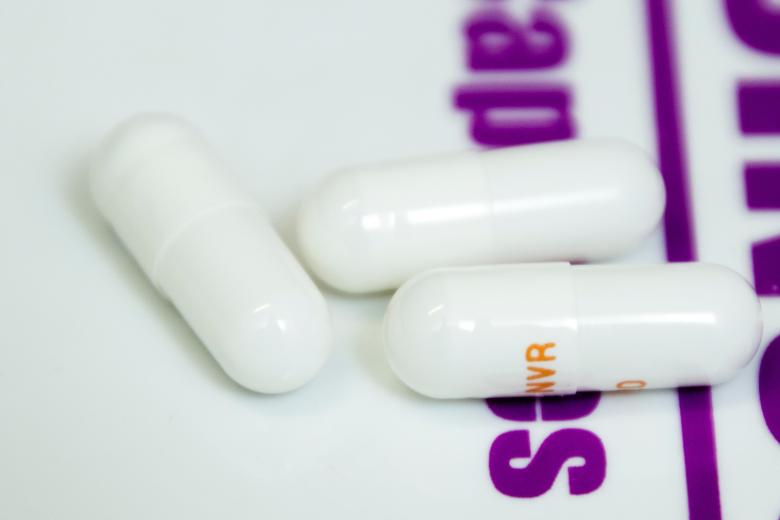Do healthy children perform better in school?
Sander Dekker, the Secretary of Education, Culture and Science, visited the Healthy Primary School of the Future in Parkstad on Monday 23 May. He was interested in seeing the project in practice and hearing first-hand how the children experienced it. Secretary Dekker visited one of the 'healthy schools’, participated in the communal lunch and watched the afternoon programme about sports, exercise, health and culture. He also spoke to children, parents, teachers, volunteers and researchers.
The children who attend the Healthy Primary School of the Future have longer school days, with more time for sports, exercise, health and culture. They also eat a healthy lunch together every day. Secretary Dekker had lunch with the toddlers in group 1 and expressed his enthusiasm and support for the programme during his visit. Focusing on health and more exercise at school is one of the ministry's foremost pillars. The state secretary also expressed an interest in tracking the project's development in the future.
The Healthy Primary School of the Future was implemented on 1 November 2015, following a preparatory phase. The project aims to determine whether children who follow a structured daily routine at school, including plenty of time for education, sports, exercise, play and healthy eating habits, develop better physically, emotionally and intellectually. Eight schools from the Movare education foundation participate in the project: two follow the full programme, including extended school days and communal lunches; two focus on exercise, sports and culture; and four are controls schools, where no changes were made.
Maastricht University and GGD Zuid Limburg are conducting joint research to determine whether the project helps to improve the well-being, health and academic performance of the pupils. Obesity, diabetes, cardiovascular disease and lung disease are much more common in the Parkstad municipalities than any other Dutch region. Children from this region are also more susceptible to chronic diseases, which in turn lead to poorer academic performance and social inequalities. The Provincial Council of Limburg wanted to turn the tide. 'The Healthy Primary School of the Future will help us do that.’
The project is an initiative of the Movare education foundation, GGD Zuid Limburg, Maastricht University and the Maastricht University Medical Centre+, and is being carried out in collaboration with several private and public organisations. The costs are estimated at €20 million, of which the Province of Limburg has agreed to cover €5 million as part of its Knowledge Axis Limburg initiative.
Relevant links
Also read
-
Menstruation is still a taboo in the workplace
In honour of the presentation of the VNVA Els Borst Prize for her oeuvre, Prof Marlies Bongers is organising the symposium "menstruation in RED on the agenda" on 1 October.
-
Repeat miscarriages: does the immune system play a role?
In women trying to conceive, 1-3% experience repeated miscarriages. For more than 50% of these women, a cause for the miscarriages has yet to be found. New research from Maastricht University (UM) and the Maastricht University Medical Centre+ (MUMC+) shows that the immune system’s Natural Killer (NK)...
-
New European project aims to think outside the box when it comes to medicine
The European Commission has awarded €23 million to set up a new platform for drug repurposing: the use of existing drugs in diseases other than those for which they were originally developed. In the next seven years UM will develop the platform REPO4EU (precision drug REPurpOsing for Europe) together...